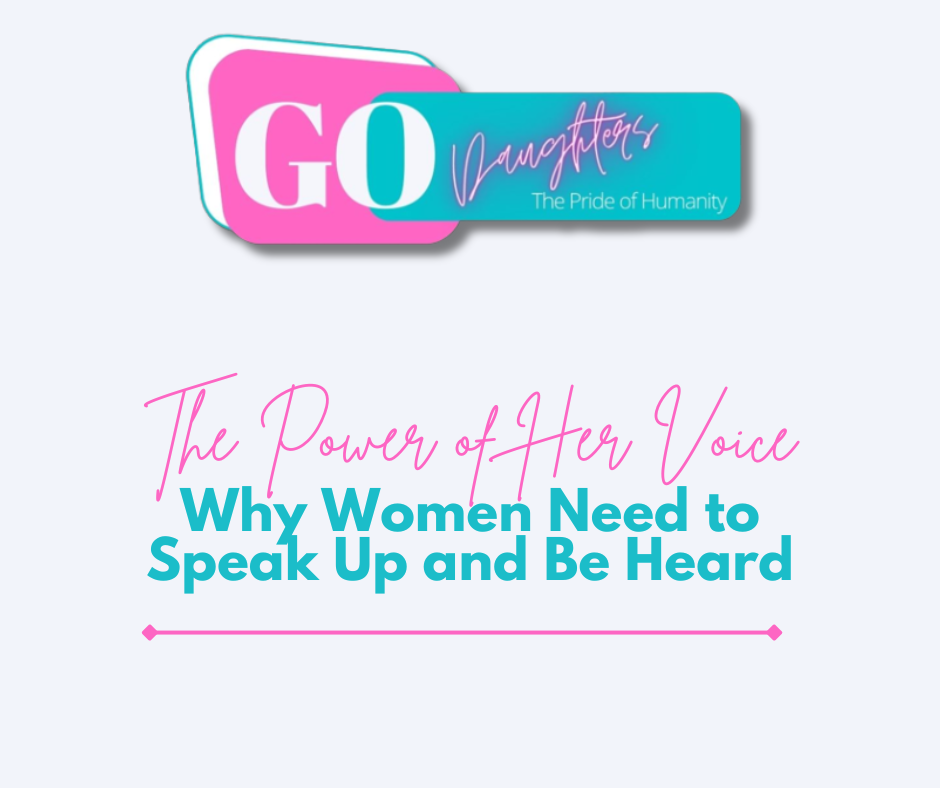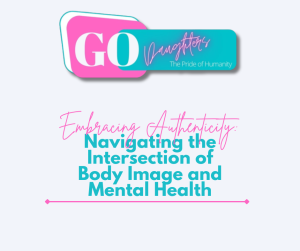
The Power of Her Voice: Why Women Need to Speak Up and Be Heard
Introduction:
In a world that is continually evolving, the call for equality and empowerment reverberates louder than ever. One crucial aspect of this movement is the need for women to speak up and be heard. As society progresses, it becomes increasingly evident that the voices of women hold transformative power, capable of shaping narratives, dismantling stereotypes, and fostering positive change. In this blog, we’ll explore the significance of women finding their voices and the impact it has on individuals, communities, and the world at large.
The Silence That Echoes:
For far too long, women have navigated a societal landscape that, at times, sought to suppress their voices. The stifling of women’s perspectives not only limits their individual growth but also obstructs the collective progress of society. The silence imposed on women is an echo that resonates across generations, hindering the full realization of human potential.
When women are encouraged to speak up, share their experiences, and articulate their viewpoints, it opens the floodgates to a wealth of diverse ideas and perspectives. As the saying goes, “In diversity, there is beauty, and there is strength.” The same principle applies to the diversity of voices — the strength of a society lies in its ability to embrace and amplify the voices of all its members.
The Ripple Effect:
The impact of a woman’s voice extends far beyond her immediate surroundings. When a woman speaks up, she sends ripples into the wider world. Her words have the power to inspire others, challenge the status quo, and contribute to a more inclusive and equitable society. Each woman who finds her voice becomes a beacon, guiding others on their journey to self-expression and empowerment.
As Maya Angelou aptly put it, “Each time a woman stands up for herself, without knowing it possibly, without claiming it, she stands up for all women.” This interconnectedness emphasizes the collective strength that arises when women unapologetically assert their right to be heard.
Breaking Barriers:
Speaking up is not just about voicing opinions; it’s about breaking down the barriers that confine women to predetermined roles and expectations. Historically, women have faced systemic challenges that limit their access to education, employment, and decision-making positions. By speaking up, women challenge these structures, paving the way for a more equitable future.
It’s crucial to acknowledge that the act of speaking up is not a solitary endeavor. Women need supportive environments that foster open dialogue, where their voices are not only welcomed but actively sought. As we encourage women to speak up, we must also create spaces that listen, learn, and evolve based on the insights shared.
Conclusion:
The need for women to speak up and be heard is not just a call for individual empowerment; it’s a demand for a more just and inclusive society. When women’s voices are acknowledged, respected, and amplified, the world becomes a richer tapestry of ideas, experiences, and perspectives.




